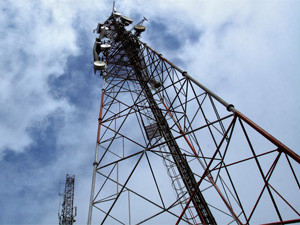
Some sections of Telkom's LTE network are experiencing congestion, specifically in some of SA's busier metro areas.
"We have seen a dramatic increase in the number of customers making use of our mobile data services and specifically the data services on LTE," Telkom explains.
The telecoms operator says the "exceptional demand increase" in recent months is causing some issues, specifically on the 2 300MHz spectrum band it is using for LTE. However, it says the congestion is an exception as currently over 80% of its base stations "are delivering LTE speeds of 10Mbps and higher".
The operator's mobile business has seen an 18.4% increase in mobile voice and an over 70% increase in mobile data traffic over the past year.
"While our networks are upgraded and maintained on an ongoing basis, additional infrastructure investments have been made in recent months and are under way, to further accommodate this unprecedented increase in demand," Telkom says in a statement.
The congested areas have all been identified and Telkom is working with its provider, Huawei, to speed up the implementation of additional core capacity, site backhaul and radio capacity.
"Improvements in the most congested areas will be felt in the next week and will steadily improve across all congested sites within the next three weeks."
Just last week, Telkom launched its FreeMe data-centric contract offerings, which prioritise mobile data services and offer zero-rated calls and messages over instant message services WhatsApp, Viber and BlackBerry BBM.
Telkom says customers will be updated in the coming weeks, as the additional infrastructure comes on line, and apologises for any speed reductions, during peak times, as a result of "the huge growth in demand".
Share